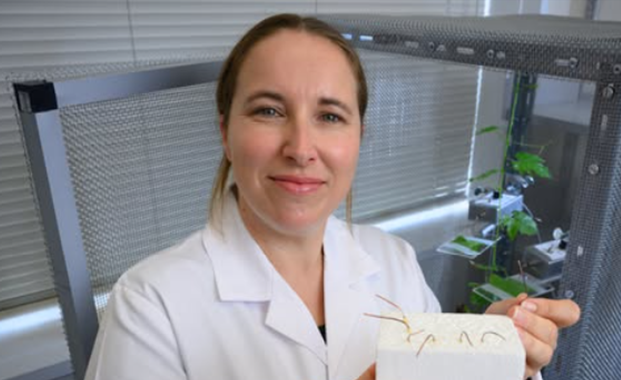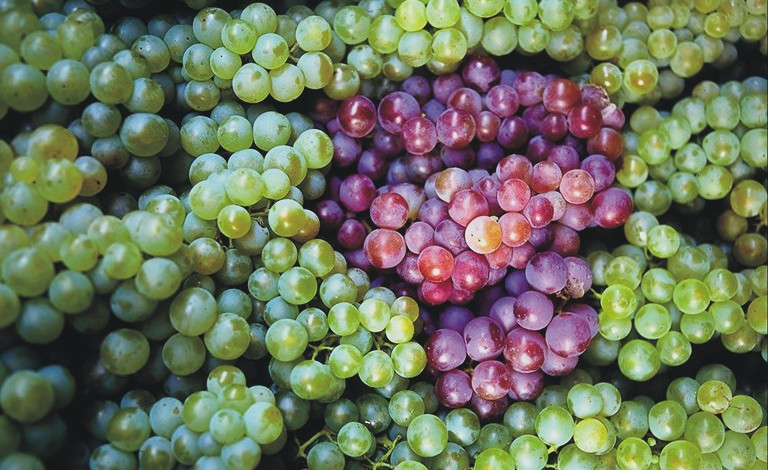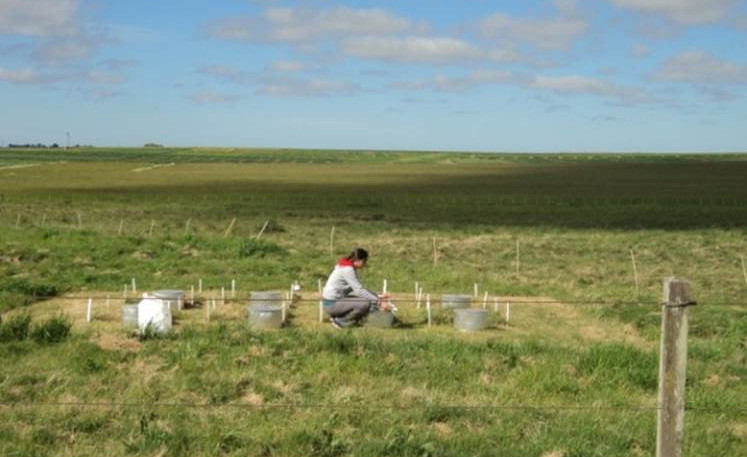Professor points the way to paradigm shift in pastoral production
13 September 2022 | News
Lincoln University Professor Pablo Gregorini says a paradigm shift is needed to create a more ethical, sustainable pastoral production system.
He made the comment as part of a recent commended keynote speaker address at the 73rd Annual Meeting of the European Federation of Animal Science (EAAP), which took place from 5-9 September.
The inspirational talk was based on a summary of 10 of his recently published scientific articles challenging traditional ways of thinking about pastoral production around the world and in New Zealand.
Prof Gregorini said a paradigm shift could include moving away from perceiving animals as a simple commodity source of edible or wearable products, existing in isolation from the wider landscape and societal functions.
“Throughout different landscapes, livestock fulfil essential roles in ecology, agriculture, economies and cultures,” he said. “Not only do they provide food and wealth, but they also deliver ecosystem services.
“Grazing helps us locate livestock within a spatial and temporal pastoral context where they naturally graze or are grazed. In some cases, however, grazing driven by a single and myopic objective to maximise animal production, as a dilution of negative environmental impacts or societal concerns, has transformed landscapes, diminished biodiversity, reduced water and air quality, accelerated loss of soil and plant biomass and displaced indigenous flora, fauna and people.”
Prof Gregorini said that such a “tubular vision” of grazing systems and management of landscapes could jeopardise present and future ecosystem and societal services, breaking the natural integration of land, water, air, health and the social sphere.
“No wonder some societies and consumers in pursuit of health are demanding foodscapes absent of animal products. There is a call for diversified-adaptive and integrative agro-ecological systems that simultaneously operate across multiple ‘scapes’ – thought, social, land, health and foodscapes.
“There needs to be a paradigm shift in pastoral production systems and how livestock are grazed within them. And that goes way beyond the unnecessary and futile discussion of regenerative agriculture versus conventional, or to regenerate or not to regenerate.”
Prof Gregorini said the shift could initially come from a change in “thoughtscapes”, which he described as the “geography of our mind, where we are not observers but participants”.
Alternative thoughtscapes may involve perceiving animals in a wider context in terms of how they contribute to society and the landscape at large.
He described landscapes as “the tables where humans and livestock gain their nourishment, i.e. ‘foodscapes’”.
“Foodscapes and dietary perceptions – a component of our thoughtscapes – dictate dietary choices, and eating is an agricultural act, period. Ultimately, animal products reflect the history of our landscape, foodscapes and agricultural systems manifested though soil and plant chemistry, and thereby our health and that of the planet.”
Professor Gregorini is the Professor of Livestock Production at Lincoln University, as well as the director of the Lincoln University Pastoral Livestock Production Lab and Head of the Lincoln University Centre of Excellence for Designing Future Productive Landscapes. He is also the Chair of the International Scientific Committee on the Nutrition of Herbivores.


